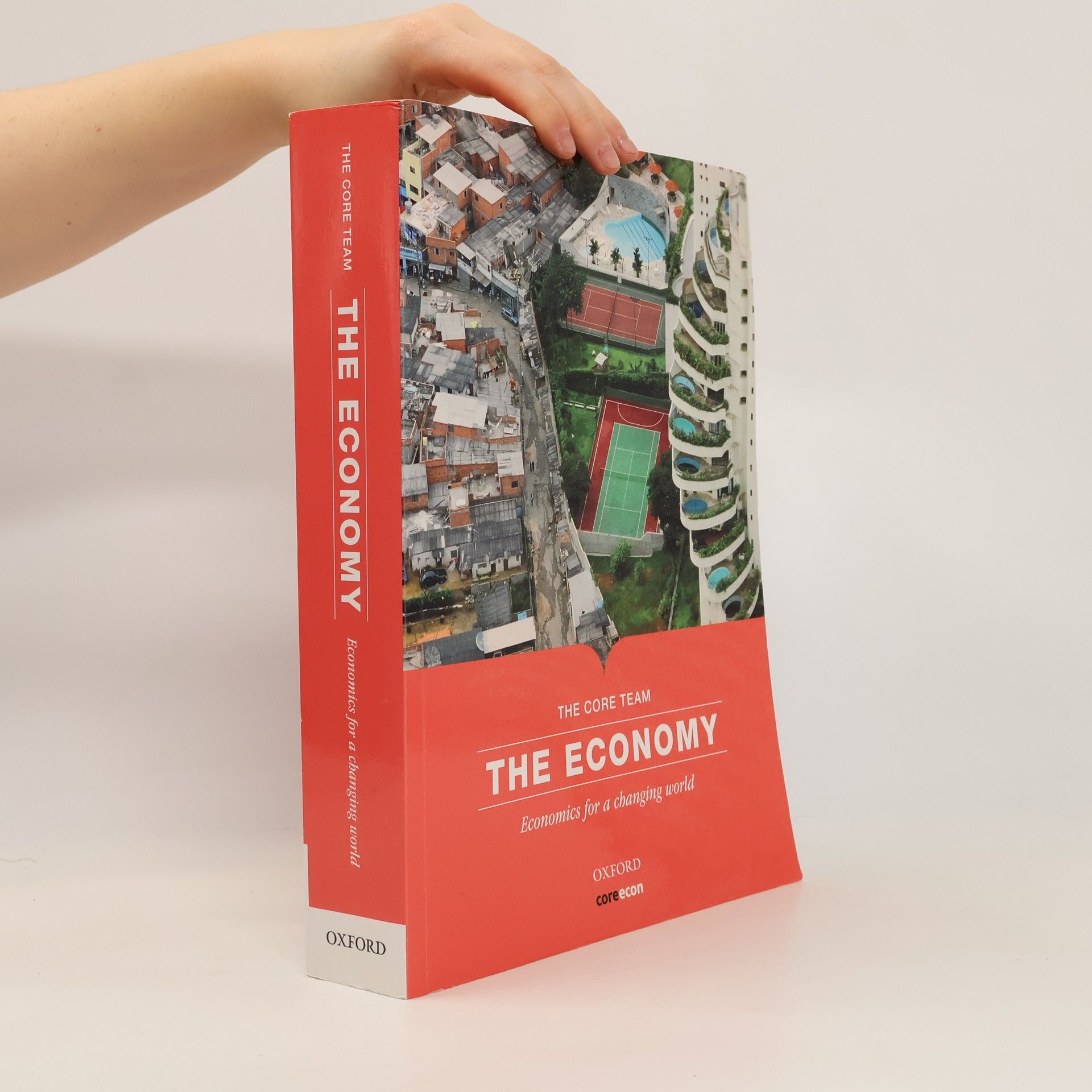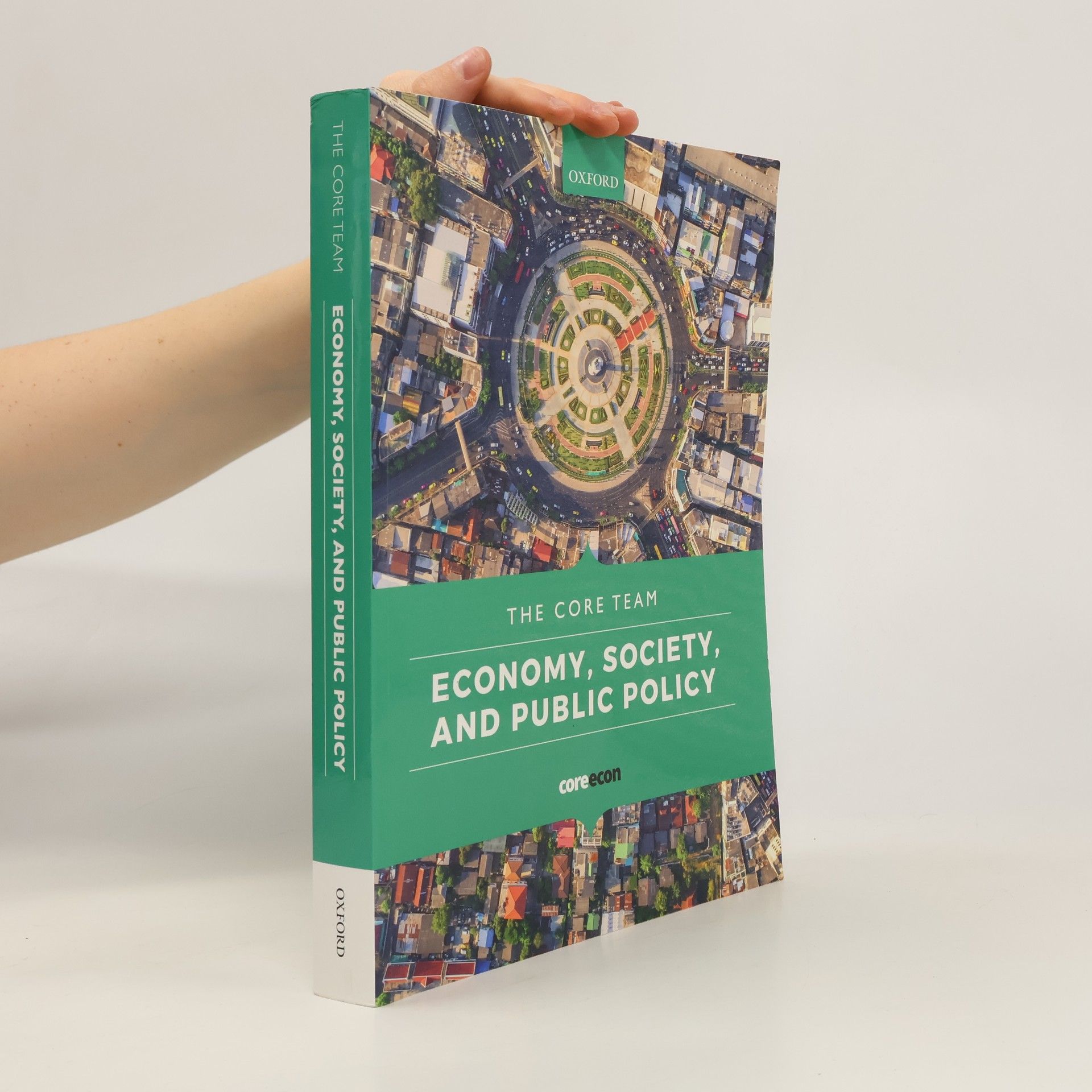Economy, Society, and Public Policy
- 632 stránek
- 23 hodin čtení
For a democracy to be well-governed, it requires voters who understand economics and can analyze social and economic policies quantitatively. Additionally, a skilled group of researchers and journalists is essential for deeper insights. Many students from various disciplines are interested in economics to engage in critical policy debates on issues like environmental sustainability, inequality, and financial instability. However, they often find that traditional economics courses focus more on theoretical aspects and cater primarily to majors or those pursuing advanced studies, leaving policy-oriented students at a crossroads. They must choose between a quantitative economics curriculum that lacks direct relevance to pressing policy issues and a problem-oriented approach that offers limited training in quantitative methods. This textbook addresses that gap, designed specifically for students from diverse fields such as social science, public policy, and engineering, who are not economics majors. It aims to engage and empower these students with a solid understanding of economics, equipping them to articulate informed views on critical policy challenges. Additionally, it is effectively utilized in courses for economics and public policy majors, as well as in master's programs in Public Policy and Philosophy, Politics, and Economics (PPE). This work is the result of a global collaboration aimed at making economics more accessibl

